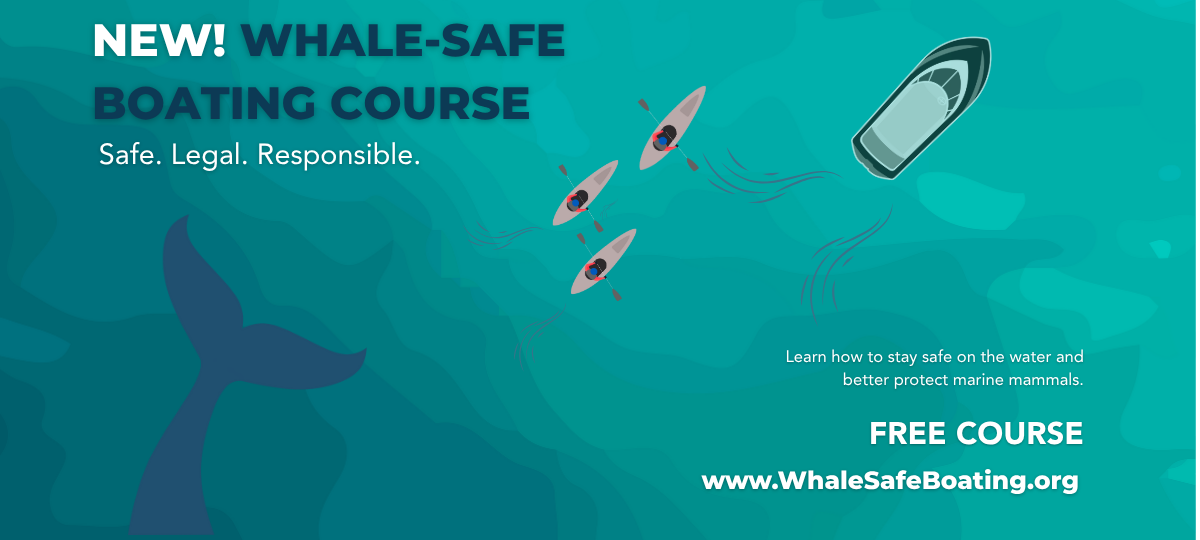
July 10, 2025
New Whale-Safe Boating Course Launched
On July 2, the Marine Education and Research Society (MERS) launched the Whale-Safe Boating course. This free, online, comprehensive resource fulfills…
MERS Marine Education & Research Society
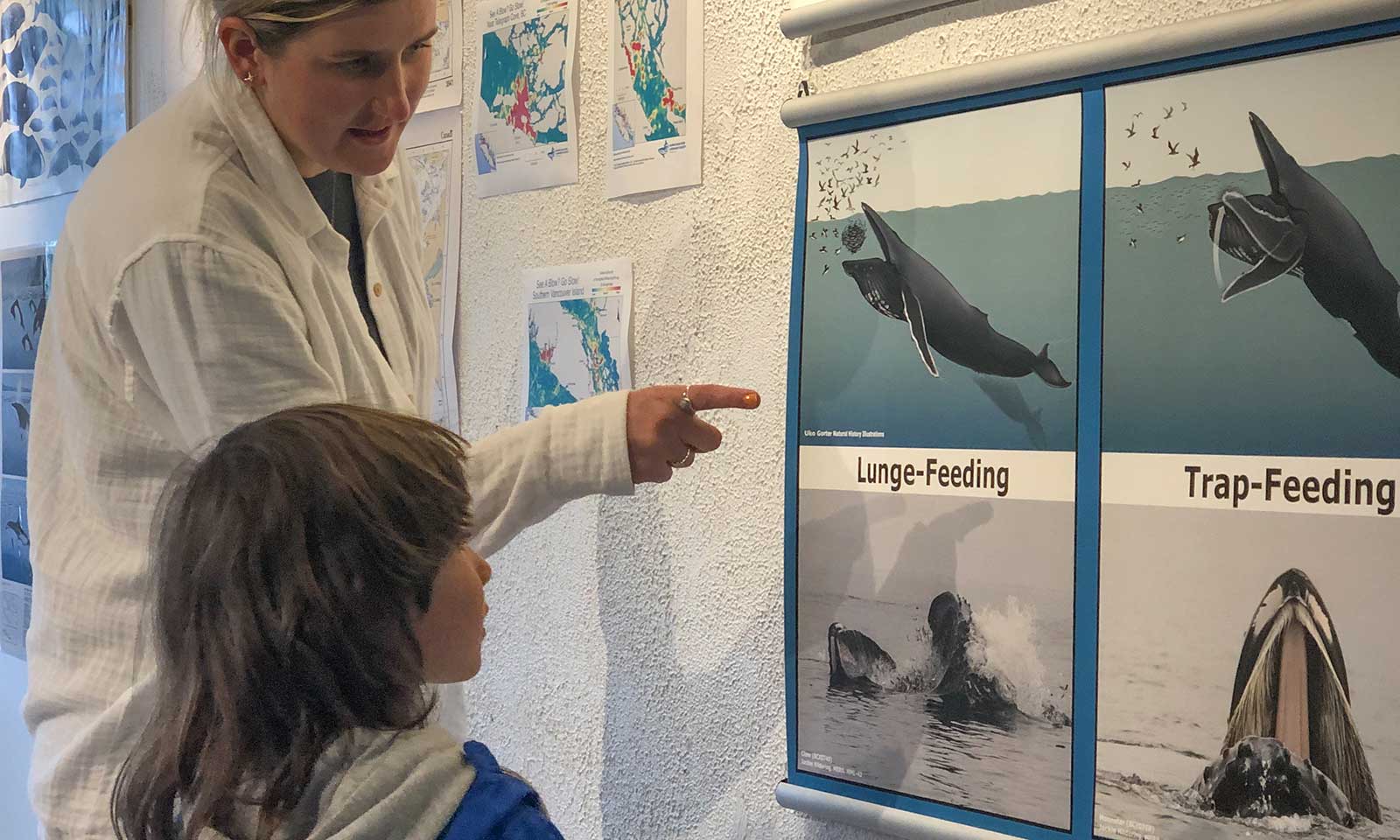
Education at our Port McNeill office
For the whales, and so much more
There must be greater understanding of the importance of BC’s marine environment; how marine mammals are indicators of environmental health and human values; that threats to their wellbeing must be reduced; and…that there is much that can be done to achieve positive change. Our education is wholly shaped by these messages.
Our work includes the development of educational resources; media engagement; and presentations/courses to First Nations, boating safety groups, marine naturalists, fisheries officers, and other government officials.
You have a role in expanding the reach of this essential education. Share our educational messaging, know the laws, model best boating and environmental practices, and support our work.
Boater Safety
Be whale safe when boating. Laws exist to reduce threats to marine mammals. Whale safe boating also protects people. There have been significant human injuries and material damage as a result of collisions with whales and whale entanglement. Boaters can help. Know the laws, model best practices, use the Whale Warning Flag, and know what to do when marine mammals are in distress.
Laws & Boater Safety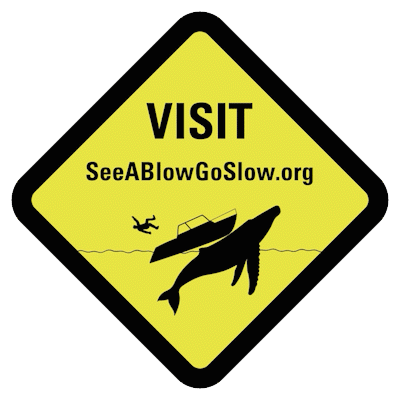
Marine mammals are highly reliant on sound to communicate, rest, mate, establish territory, navigate, socialize, hunt, and avoid predation and other dangers. Human-made noise from activities such as shipping and resource extraction can significantly impact these life processes and exacerbate the effects of other threats such as reduced prey availability and chemical pollution.
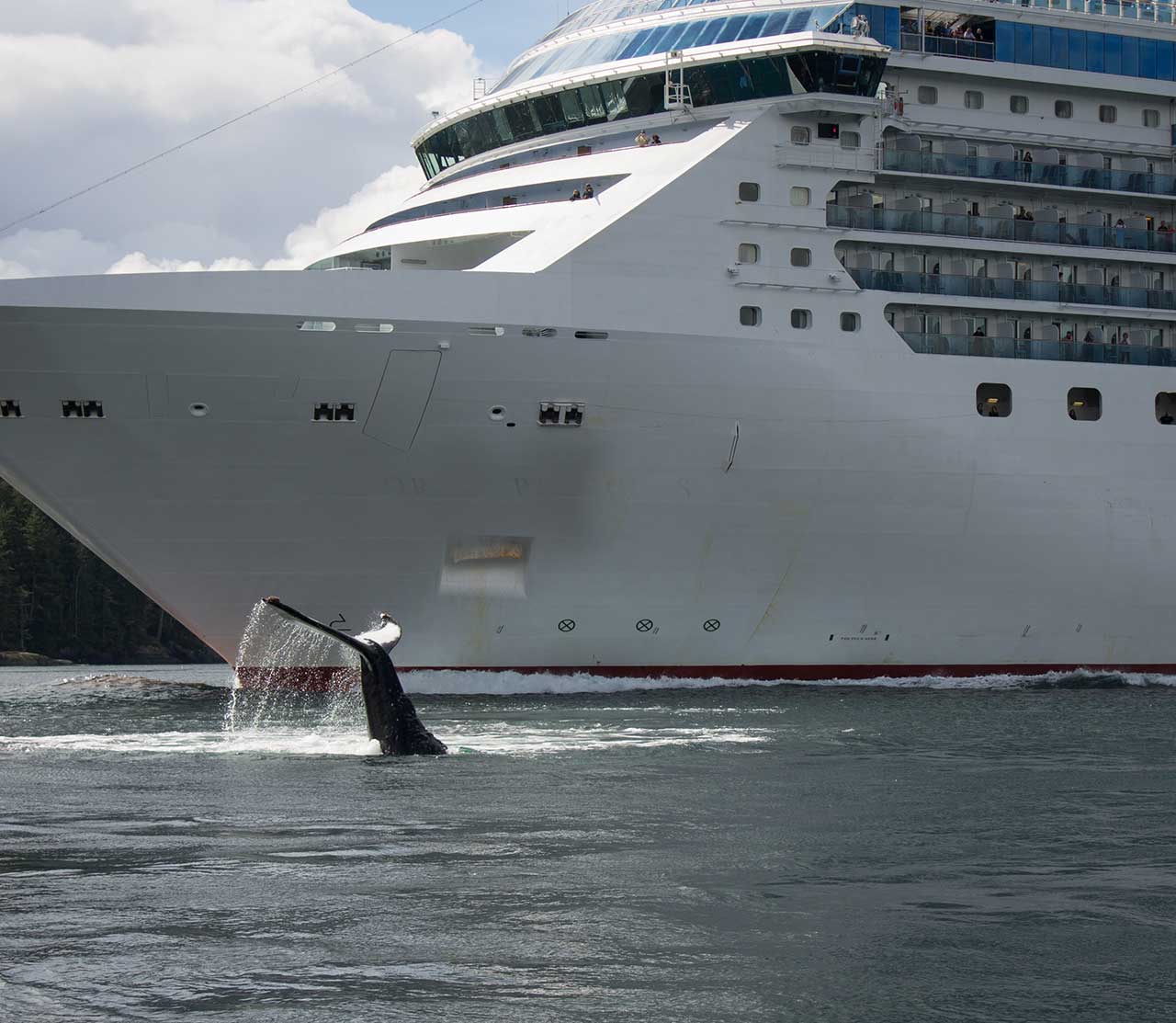
Cruise ship near Guardian (BCZ0408) ©Grace Gladstone
Plastic pollution is a problem even in the furthest reaches of the ocean. Problems related to plastics include entanglement, toxins building up in the food web, the spread of disease and invasive species, and contributions to climate change. Thankfully, there are many choices we can make to reduce plastic pollution. Please see our solutions based “An Ocean Of Good” campaign.
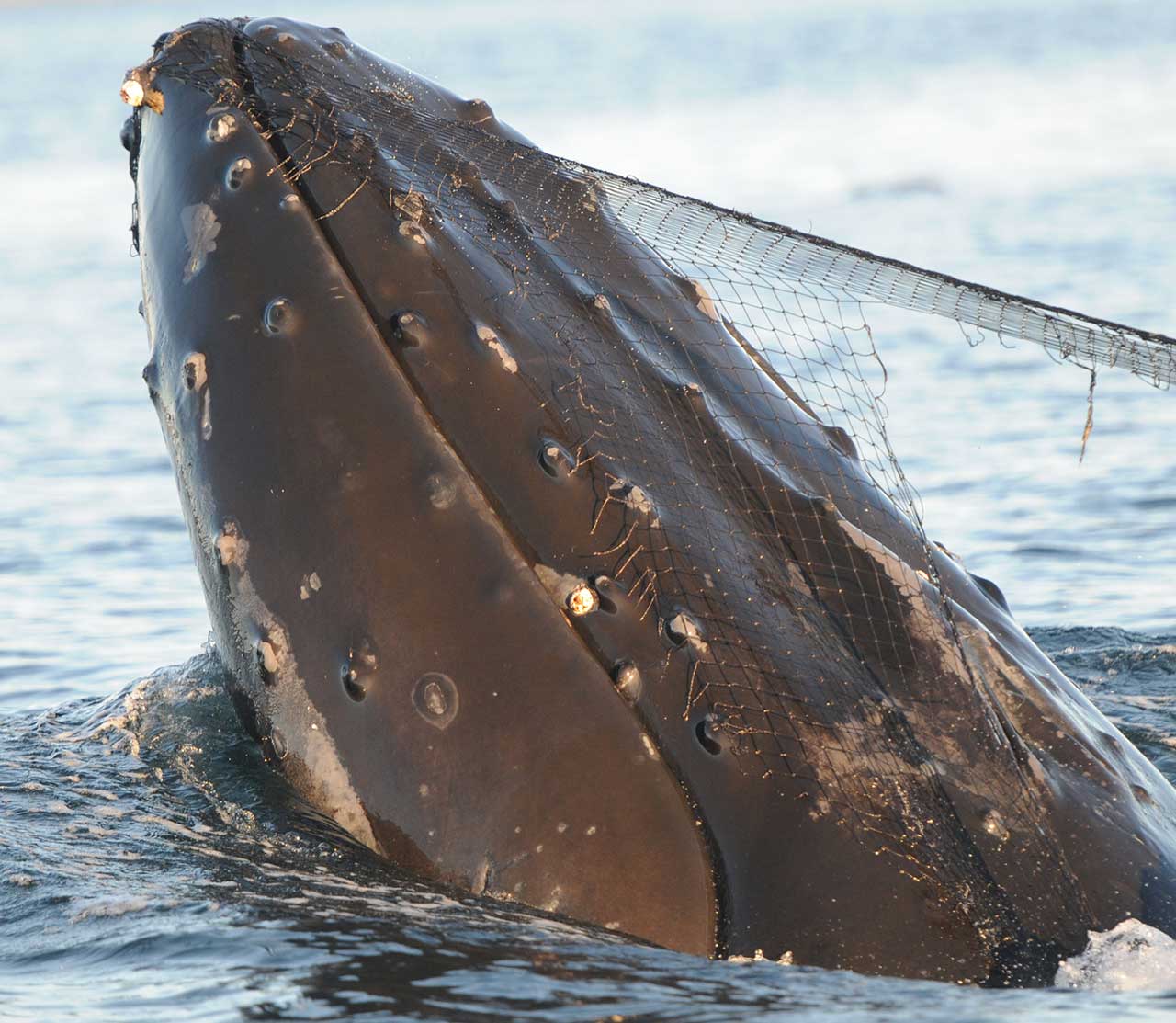
Cutter (BCX1438) was freed from net ©MERS, MML-42
We want to increase others’ understanding of the importance of BC’s marine waters. So many species feed here, some migrating vast distances to do so, like baleen whales and endangered Leatherback Turtles. These cold, current-fed waters have more plankton than warmer waters which supports great biodiversity and leads to more oxygen production and carbon dioxide buffering.
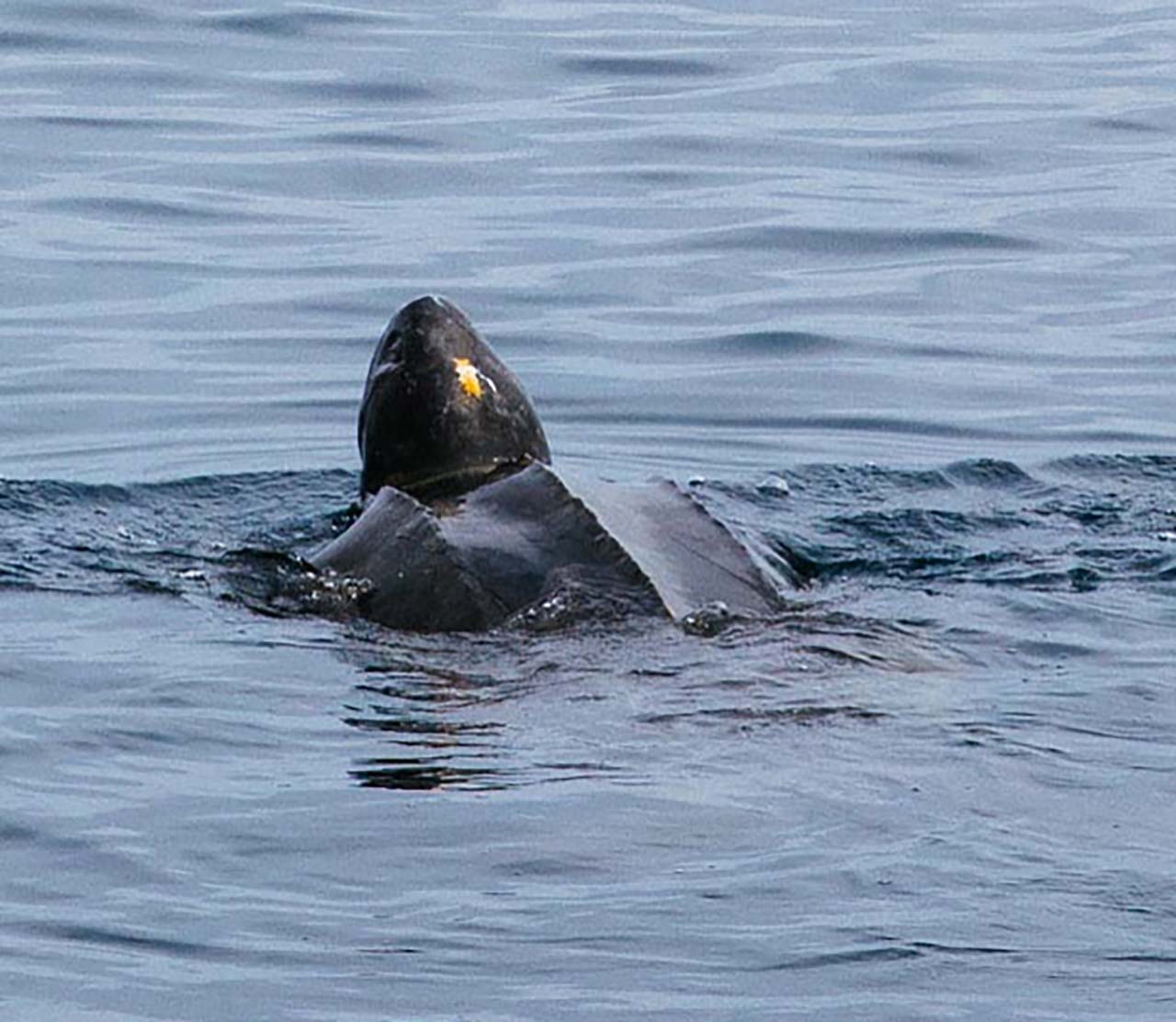
Leatherback Turtle in BC ©Jeremy Koreski

July 10, 2025
On July 2, the Marine Education and Research Society (MERS) launched the Whale-Safe Boating course. This free, online, comprehensive resource fulfills…

May 1, 2025
Here are the results of the inaugural “How Wild!” contest. We partnered with the Canadian Conservation Photographers Collective in this contest…
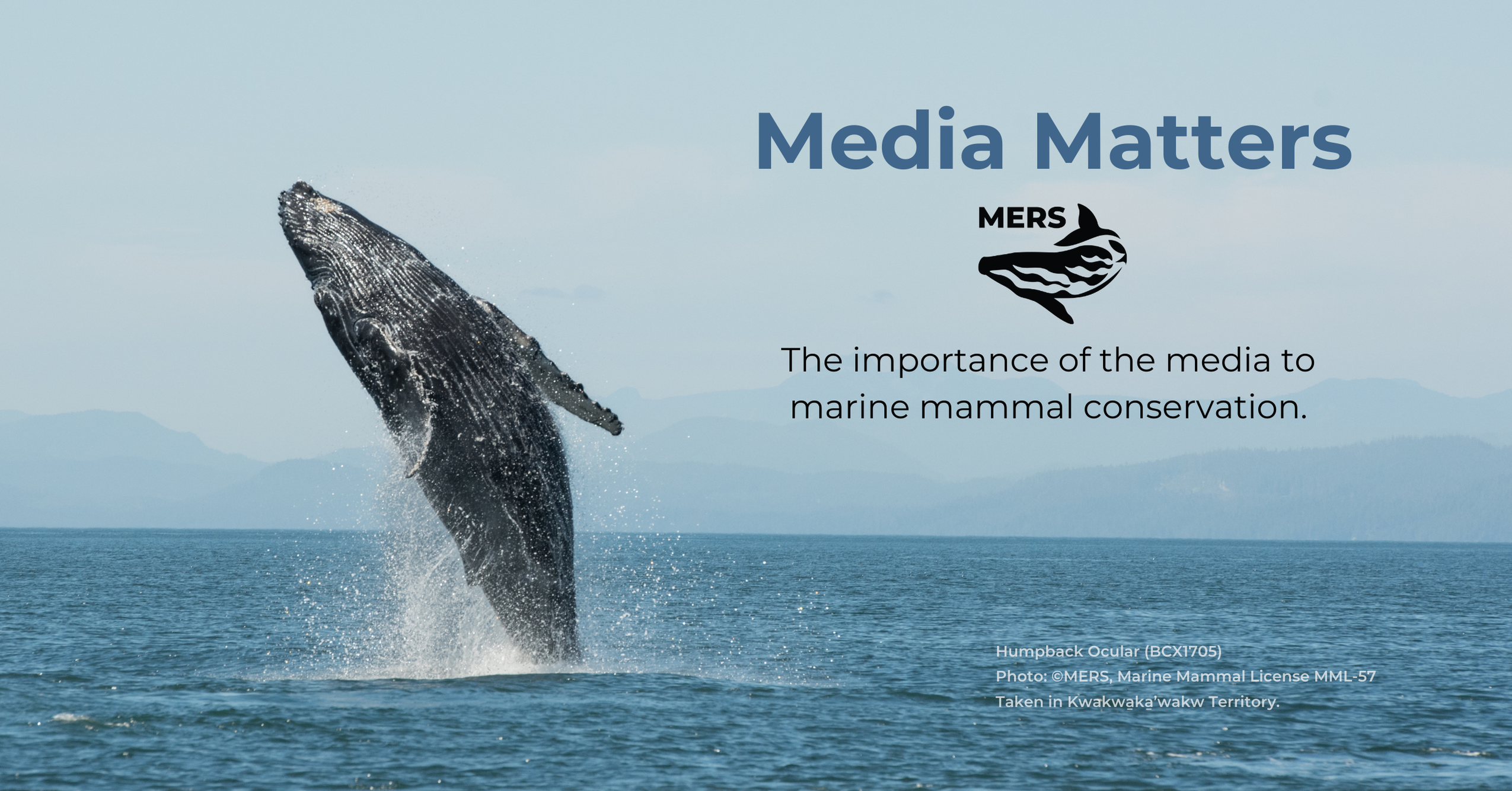
March 31, 2025
The media plays a powerful role in marine mammal conservation. The imagery and text used can significantly influence: Recognizing the great…